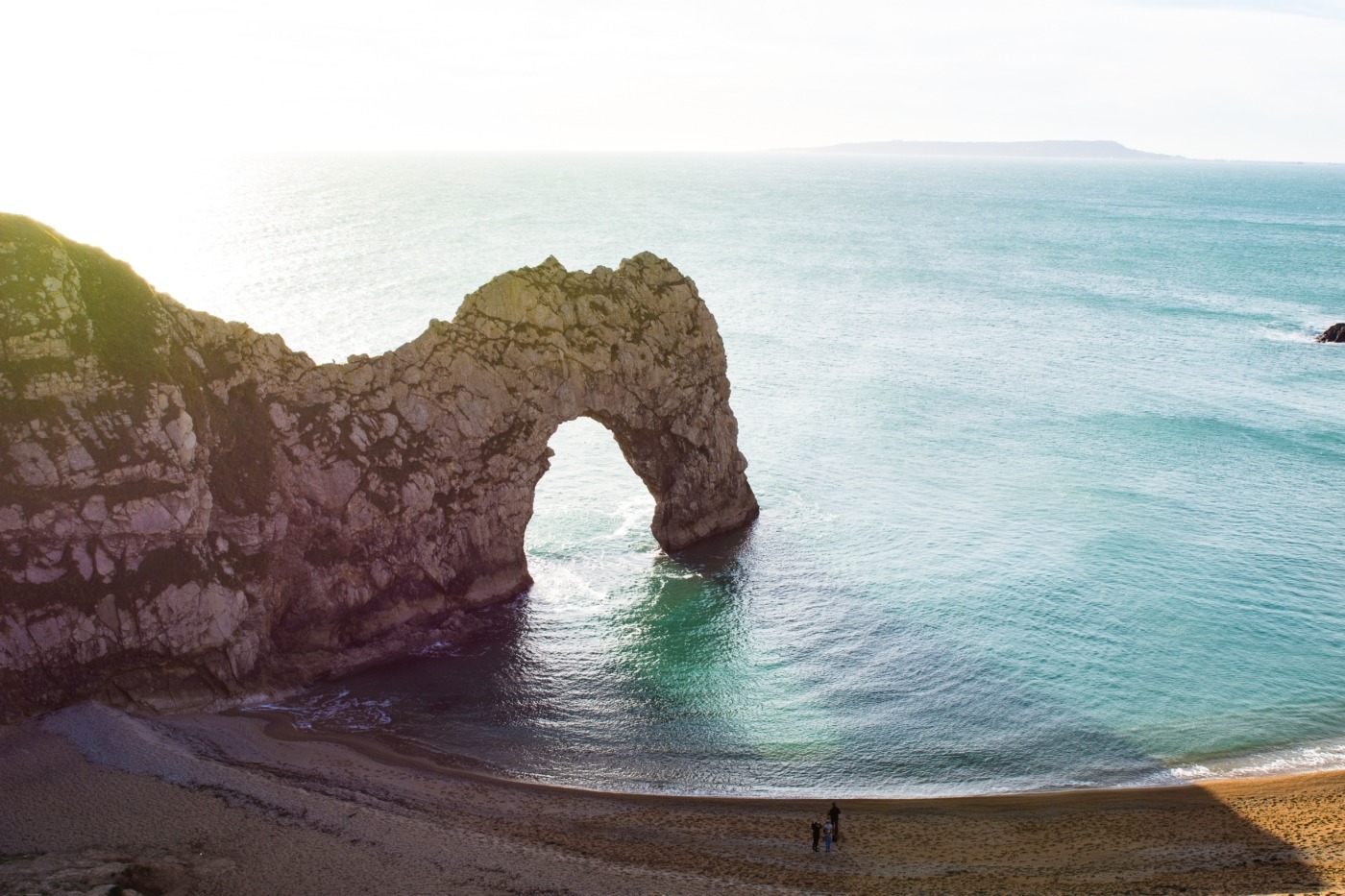Lessons learnt from a gap year: part two
In the second part of this gap year series, we explore how different cultural experiences can provide you with lifelong lessons.
Your family aren’t just those related to you
Staying with a Filipino family for two weeks during my year off, I learned how accepting their culture is of welcoming others into the family. Rarely in English do we cross over family vocabulary to address close friends. However, as I was called ‘Ate’ by the children (usually used for an older female relative) and addressed others as ‘Tita’ (auntie), I found this inclusivity and lack of distinction wonderful, and thought it beautiful to consider anyone whom you love as family. Living away from my own family for the first time, I found little pieces of my relatives in other people. My best friend in Malaysia became a replacement for my mum. I confided in her, shared both good news and bad days, and pretty much everything in between. I created for myself a little family of my own out of close friends. Having lived a 13 hour flight and seven hour time difference away from home, I think it’s definitely worth keeping in contact with family while at university. Catching up with my mum about the bakeoff was a luxury I didn’t have being halfway across the world. Maintaining little things from home will help ward off homesickness, so don’t neglect keeping up touch because you are too caught up in your new life.
Being confident in yourself
Nikita learnt a lot about herself and her confidence during her gap year. Having chosen to hide her own visual impairment at school, spending two months in Ghana on a Blind in Business REACT project allowed her to work with inspiring people with far less sight than her. The project aimed to remove stigma surrounding visual impairments (VI) and disability, so not only did Nikita enjoy promoting the notion that being VI doesn’t make you less able, she also realised it herself. “A lot of the fear around hiding VI people is lack of confidence, so I’ve just learned that I should be open and disclose my disability, being in control of saying what I need.” Nikita also spoke of the lessons she learnt about friendship over the year. She thinks the huge variety of nationalities and ages of the people she met has allowed her to be open-minded and much more flexible in her approach to life: “I’ve realised it’s not age or how long you’ve known someone. It’s about [the] people that are there for you.”
Don’t underestimate the power of work
Bella never intended to do a gap year, however it turned out to be a bigger learning curve than any year spent at school: “It wasn’t a typical gap year, it wasn’t exactly a dream and the only tan I got involved burning myself on a grill.” In fact, the gap year she can’t stop talking about involved a 50-hour week job at Nando’s. She expressed that though it could sometimes be boring, stressful, and more than anything, hot, the real beauty of the job was the people. When she spilled a whole vat of oil on the floor, the griller stayed late to help her clean it up. The patrao (Portugese for ‘boss’) bought drinks on staff nights out, made her tea when she was sick and drove her home if her bus was cancelled. Even the regional MD once gave her a hug when she cried. “Whether you earned £14,000 or £40,000, your colleagues were your family, and everyone had a voice.” Bella didn’t travel the world, cross lines off her bucket list or have any life-changing epiphanies, but working hard, caring deeply for her colleagues and experiencing life in such a safe space, gave her a whole new perspective. Since starting at Warwick, she has already joined the local Nando’s team, and says one shouldn’t “underestimate the power of work on a gap year; it might [even] give you more than Bali.”
Our gap years taught us not only about ourselves, but about others. Despite all the breathtaking and rewarding experiences within my year of travel and teaching, like Nikita and Bella, what stood out most was the importance of people. And while we may not have mastered the practical skills of doing our own washing, cooking, and attempted budgeting yet, the lessons we did learn have proved more valuable.

Comments
Comments are closed here.